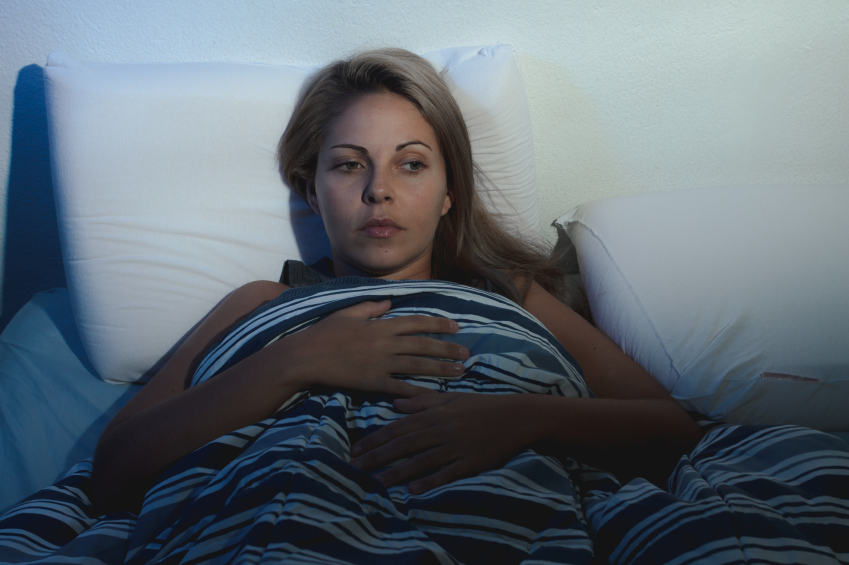Daylight saving time begins Sunday, March 13 and, if you’re like many people, you may have a little trouble “springing forward.”
Adjusting your internal body clock or circadian rhythm isn’t always easy. Your body uses external cues, such as sunlight, to keep in step with the 24-hour day. Daylight savings disrupts those cues and that can impact your sleep and your brain.
“Sleep is vital to our body and brain. We repair damage done during the day and store memories during sleep,” said Dr. Aleah Gibson with St. Elizabeth Physicians. “Routine is very important to maintaining a well rested body. Time change makes this difficult. It is much the same as jet lag when you cross time zones. You usually adjust with in a week but it can be rough going getting there!”
While most people adjust to the time change in a day or so, it can take some people up to a week. Here are some tips that can help:
- Prioritize your sleep and adjust your routine before Daylight Savings Time begins.
- Control light. Light can interfere with your sleep cycles by signaling your brain that you should be awake, so creating a dark bedroom is one of the most practical ways to reap the benefits of sleep
- Maintain a consistent wake time. Even on weekends try to vary your waking time by no more than an hour.
- Get the screens out of the bedroom. Blue light from screens can disrupt your circadian rhythm. Turn off your mobile devices before you head to bed.
- Make your bedroom a sanctuary. The room should be comfortably cool and dark with comfortable bedding. Paint the walls a serene color. Designate your bedroom as a place for sleeping, not lounging.
- Create a relaxing bedtime ritual. Try deep breathing and stretches or enjoy a hot bath, soft music or a good book. Exercise can help you sleep, but don’t exercise close to bedtime.
- Don’t eat a large meal close to bedtime, but don’t go to bed hungry either.
- Avoid caffeine and alcohol for several hours before bedtime.
- If you have a tendency to lie awake worrying, establish a “worry time” at least an hour before bedtime to write down your worries or list the things you need to do the next day, he said. That way you can then put the list aside and relax before you go to bed.
- For the first few days after the time change, avoid the temptation to enjoy that extra hour of daylight. Instead, enjoy the sunshine in the morning and dim the lights in the evening.
“You usually get the best and most restorative sleep when it is dark and cool. Sleeping with TV or music on often keeps the brain active and can leave you feeling tired the next day. Blue light is stimulating so don’t forget to place that smart phone face down or dim the screen,” added Gibson.
If, over time, you are still struggling with sleep problems, you may want to talk to your doctor or contact a sleep professional. For more information on sleep disorders, contact one of the St. Elizabeth Healthcare Sleep Disorders Centers.

